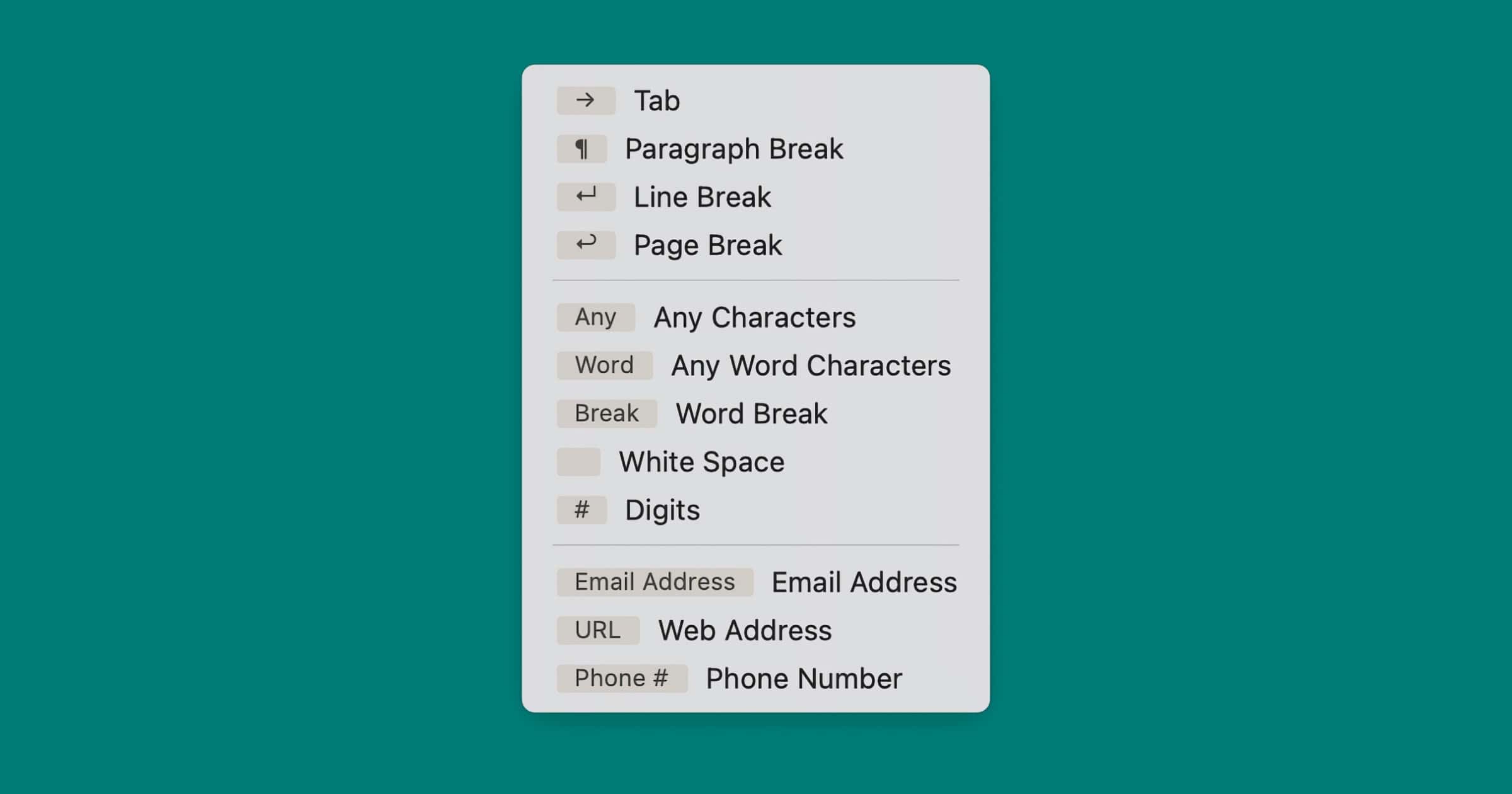A recent Australian defamation verdict awarded US$40,000 in damages for an Google search result. Google warns of censorship.
These Upcycled iPhone Cases From CASETiFY Now Include MagSafe
CASETiFY’s Impact and Ultra Impact products are upcycled iPhone cases and now include support for Apple’s MagSafe charging.
Dutch Antitrust Regulator Begins Issuing Weekly Fines Against Apple in Dating Apps Row
The Dutch antitrust regulator fined Apple €5 million for failing to allow dating apps to use alternative pay methods beyond the App Store.
Apple Releases iPhone Macro Challenge for iPhone 13 Pro Users
Owners of the iPhone 13 Pro and iPhone 13 Pro Max can join the iPhone Macro Challenge. Share your best macro photos on Instagram and Twitter.
Google Topics Will Categorize Your Browsing for Advertising
Google Topics will track your browsing and divvy it up into 300 categories for advertising. It replaces Federated Learning of Cohorts (FLoC).
When you hit upon a site that supports the Topics API for ad purposes, the browser will share three topics you are interested in — one for each of the three last weeks — selected randomly from your top five topics of each week. The site can then share this with its advertising partners to decide which ads to show you. Ideally, this would make for a more private method of deciding which ad to show you — and Google notes that it also provides users with far greater control and transparency than what’s currently the standard. Users will be able to review and remove topics from their lists — and turn off the entire Topics API, too.
Jon Hamm...at West Ham? — Media+
Sigmund Judge of Screen Times joins Charlotte Henry to discuss his passion for the Apple TV box, forthcoming TV+ content, and where Jon Hamm might end up.
Developers Build Alternatives to iCloud Sync
Facing iCloud sync reliability issues, developers are forced to come up with alternates. Many are building new backup methods for their apps.
Apple Fix for Safari Data Leak Could Come This Week
Distributed last week, the latest Release Candidates for iOS 15.3 and macOS Monterey 12.2 appear to plug a dangerous Safari data leak.
First Ever Mac Launched January 24, 1984
On this, day, January 24, in 1984, Steve Jobs launched the first Mac, showing it to company shareholders at their annual meeting.
Developers are Finding That iCloud Sync is Breaking
iCloud sync is breaking and developers don’t know why. So far, they say, Apple hasn’t publicly acknowledged the issue.
Cooking Over FaceTime? New Recipe App 'Pestle' Can Help
Sarah Perez writes about a new app called Pestle that helps with cooking over FaceTime. It makes use of SharePlay released with iOS 15.1.
The result is a well-built recipe app that provides a better experience for the end user, and one which tries to respect the creator content it organizes by offering source links, tools to discover more recipes from the same creator as they’re published, and a feature that encourages repeat visits to recipe sites. But some of Pestle’s other features make it almost too easy to bypass creators’ websites, which could cause concerns.
Coinbase Creates Center to Help With Crypto Taxes
Worried about crypto taxes? Coinbase has created a tax center on its platform to help.
Customers will see all of their taxable activity in one place to determine if they owe taxes, and how much. If they’ve taken more advanced steps like sending or receiving crypto from Coinbase Pro or external wallets, they can receive free tax reports for up to 3,000 transactions from our crypto tax partner CoinTracker. The most complicated time of the year just became more clear.
Exclusive: UK Apple Store Covid 'Appointment Only' Procedures Set to End [Updated]
Apple will phase out its Covid procedures in the UK which meant almost every customer had to book a time slot to visit one of its stores.
Here's Where to Find a Word Count in TextEdit
Michael Rankin, an instructor at LinkedIn, wrote a tip last year about finding the word count in TextEdit on the Mac.
Apple Retail and Corporate Updates – TMO Daily Observations 2022-01-24
Charlotte Henry joins host Kelly Guimont to discuss changes to the rules around visiting UK Apple Stores and the new “new” head of PR.
'Open App Markets Act' Would Have Unintended Side Effects, Warns ITIF
The Information Technology and Innovation Foundation warns Congress about unintended consequences of the Open App Markets Act.
'AccessPress' Themes and Plugins for WordPress Contains Backdoor
JetPack discovered a backdoor found within AccessPress themes and plugins. Every theme and most plugins contain this malware.
Apple TV+: 'Central Park' Season Two Returns March 4
The second half of season two of Central Park will debut on March 4 on Apple TV+, with eight new episodes set to be released.
Do You Use Coinbase or Venmo? Join the Plaid Lawsuit
Join the Plaid lawsuit if you’ve ever used Coinbase, Venmo, Robinhood, or dozens of other apps.
Plaid, a middleman connecting bank accounts to other fintech services, says it’s been used by tens of millions in North America. According to the settlement website, Plaid allegedly obtained “more financial data than was needed” and set up log-in pages that deceptively mimicked those of the user’s own bank account, but fed the credentials directly to itself. For its part, Plaid has denied any wrongdoing and argued it was transparent about its practices.
I filed a claim and look forward to getting my US$5.00.
'Everyone But Jon Hamm' is The Best Apple TV+ Advert Yet
There have been plenty of Apple TV+ – both for the service as a whole and trailers for individual shows and movies. Most have been rather serious, seemingly a bid for both the industry and views to take the offering seriously. Well, the tone has changed in the latest clip, and it is by far the best. Maybe we’ll even get Jon Hamm streamer soon…
Keep Your Mac Out Of The ER — Mac Geek Gab 911
Each week, Dave and John come together to solve your problems and answer your questions. This week, that includes lots of great Quick Tips, troubleshooting tools, and ways of ensuring you keep your Mac, iPhone, and other Apple devices as trouble-free as possible. Press play and join your two favorite geeks in learning five new things!
Someone Reverse Engineered 'Wordle', Here are the Secrets
Robert Reichel has reverse engineered Worldle and posted a write-up on his blog. It includes a list of words the game uses.
At this point, we’ve done enough digging to know how Wordle is choosing the word of the day. We know that Wordle uses a client-side date-based algorithm to determine which word to use from a static wordlist. Each day is predictable so long as we have all of the code pieced together.
Merck Wins Court Dispute Over 'NotPetya' Attack
Merck wins a court dispute with insurance companies for US$1.4 billion in losses due to the NotPetya attack. This was a cyberattack in 2017.
YouTuber Ruben Sim Must Pay Roblox Over 'Cybermob'
The Roblox Corporation sued YouTuber Ruben Sim over leading a “cybermob” on its platform and terrorizing players, many of whom are kids.
The original ban, according to Roblox’s lawyers, was issued after the YouTube creator harassed other players using racist and homophobic slurs, allegedly sexually harassed users, and uploaded photos of Adolph Hitler to Roblox. Sim disputed this characterization in a YouTube video uploaded last week.




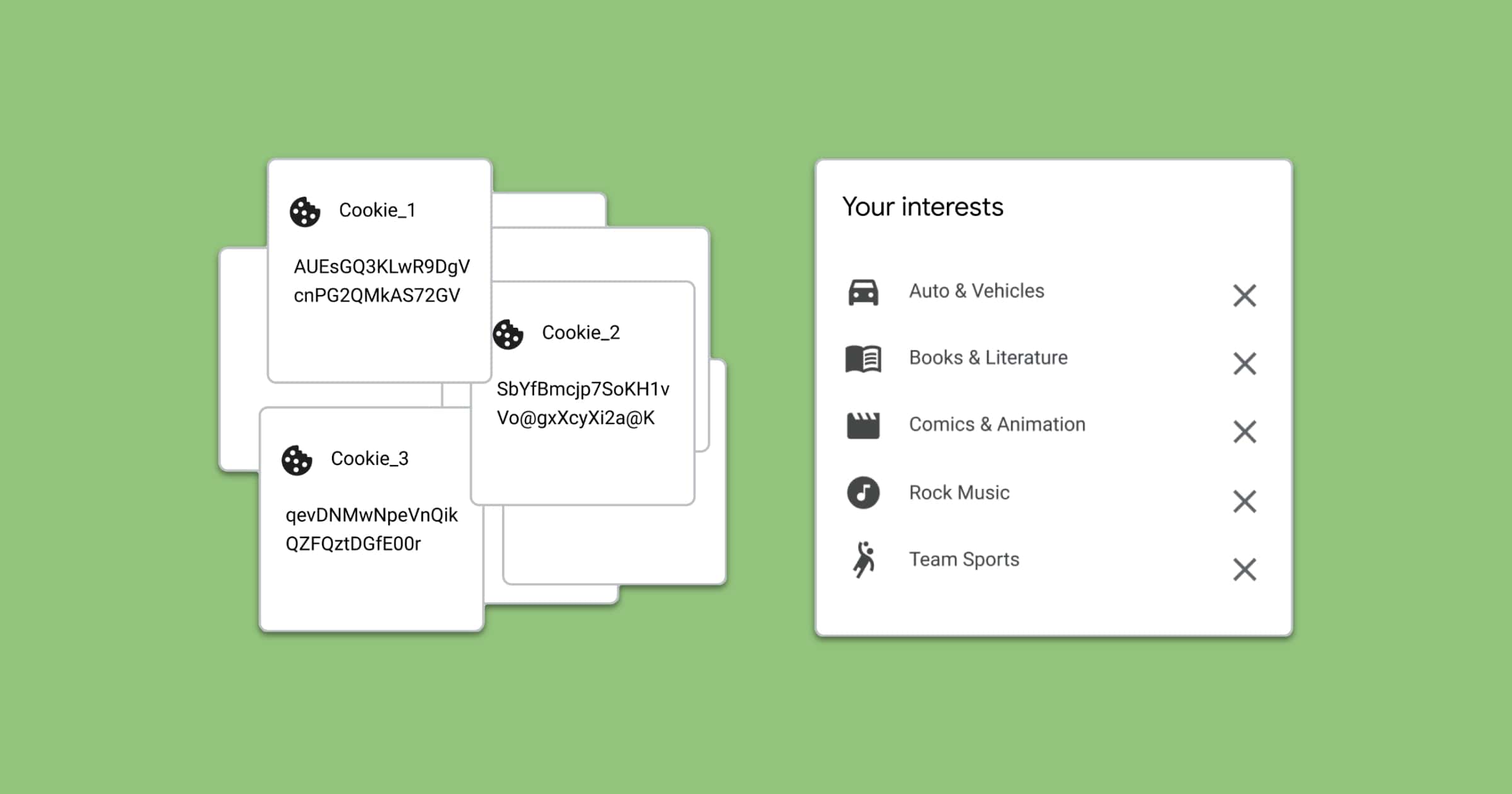




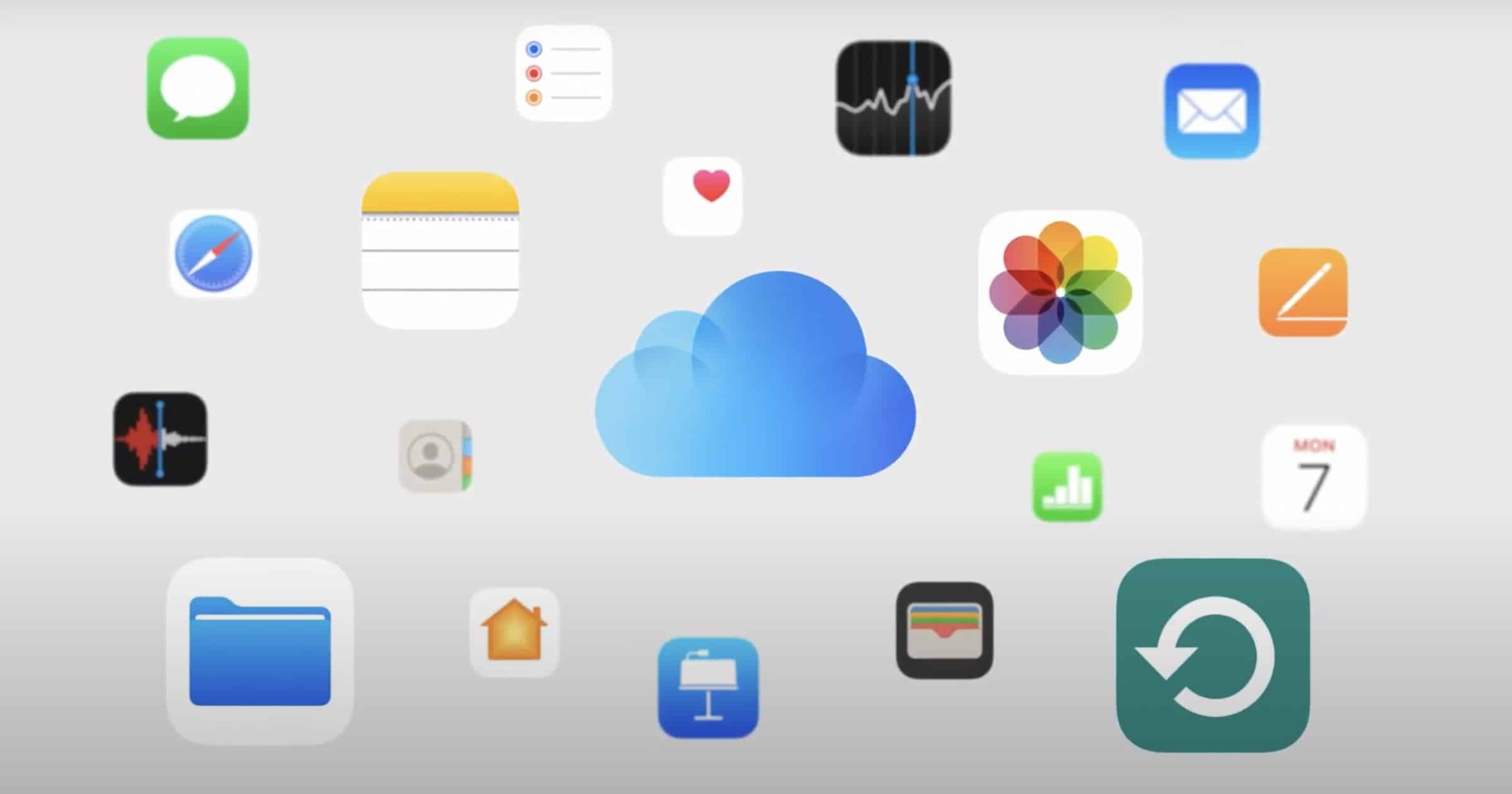
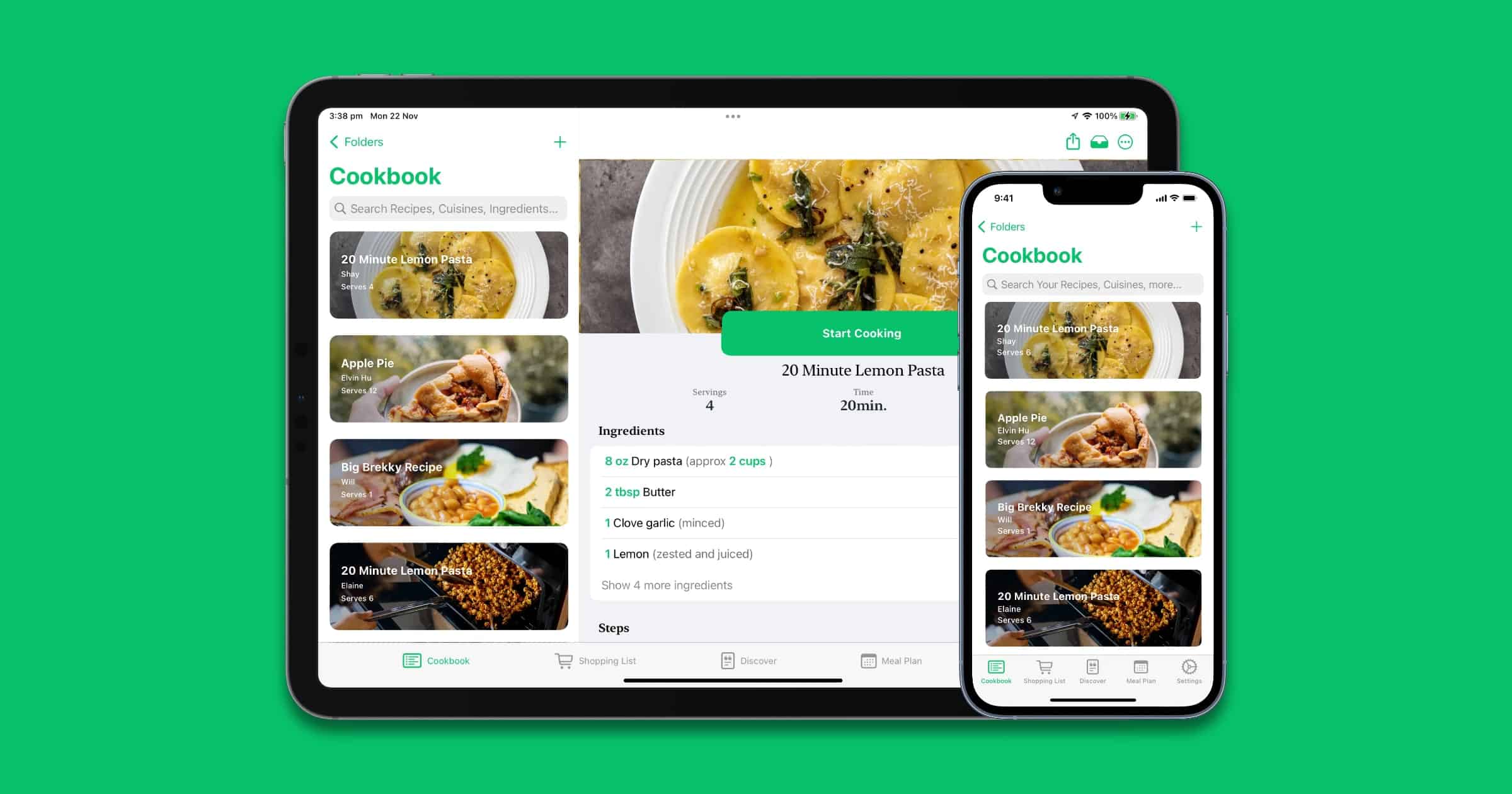
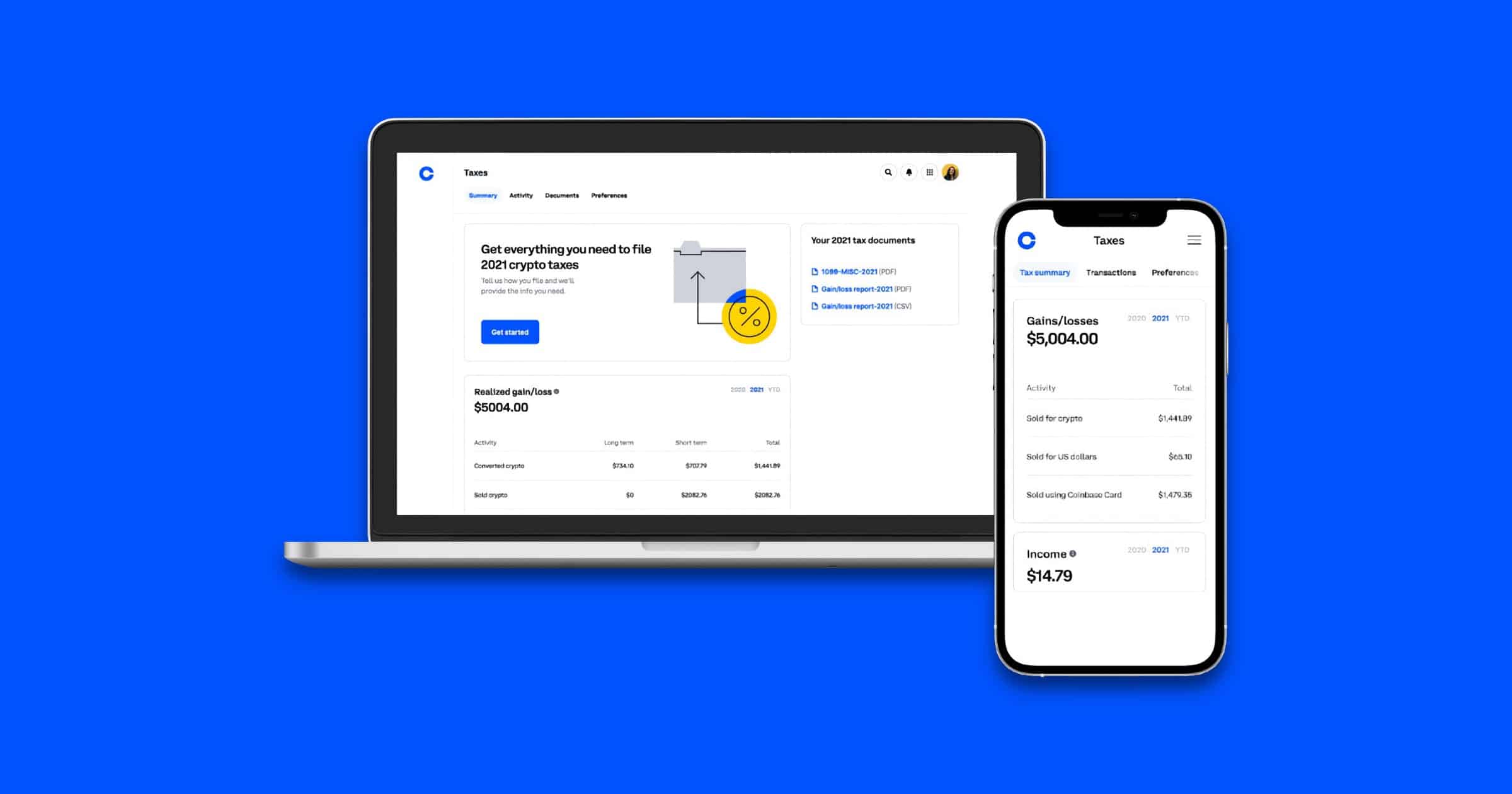
![Exclusive: UK Apple Store Covid ‘Appointment Only’ Procedures Set to End [Updated]](https://www.macobserver.com/wp-content/uploads/2022/01/Apple-Store-Regnet-Street-Covid.png)
